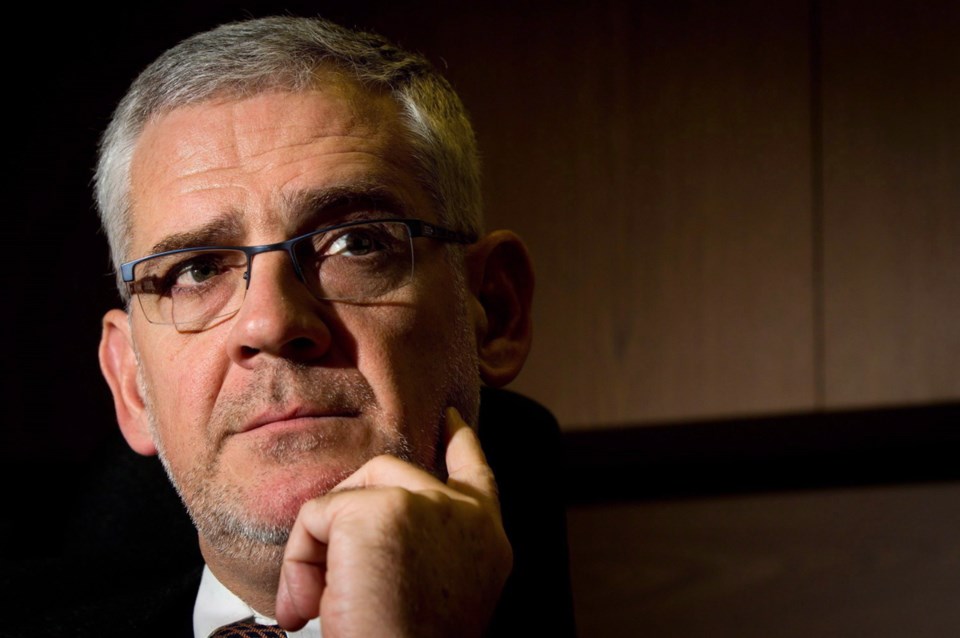VANCOUVER — Starting Jan. 1, the province will begin offering a HIV-prevention treatment for free through the B.C. Centre for Excellence in HIV/AIDS to high-risk individuals who ask for it, Health Minister Adrian Dix said Thursday.
The prevention method involves a pill that combines two of the three anti-retroviral drugs used to treat HIV-infected patients, which is given to uninfected patients as a means to block transmission of the virus. The treatment will be available through the Centre for Excellence in HIV/AIDS’s HIV drug-treatment program to people defined as being at high risk of infection, including men and transgender women who have sex with men, people who inject drugs and people in relationships with people living with HIV.
Anyone interested in the prevention method should talk to a health-care provider.
B.C. could see about 2,000 patients access the drug initially, according to Dr. Julio Montaner, director of the B.C. Centre for Excellence in HIV/AIDS, but he said they have the capacity to expand to 5,000 patients fully covered under Pharmacare.
“We’re not talking about everybody, but [treating] a few thousand people at the highest risk for HIV [infection],” Montaner said in an interview. “Then we will see, very promptly, a significant reduction in new HIV infections.”
While deaths related to HIV/AIDS have declined by 90 per cent since 1996, the province still records 5.1 new infections per 100,000 people. That translates to more than 230 cases, given B.C.’s population of 4.6 million.
The Health Ministry declined to discuss the program’s costs, but Montaner said the province can afford it because his centre was able to cut a deal with manufacturers of generic versions of Gilead Sciences Inc.’s drug Truvada.
“We had an open tender and were able to secure [a generic version] at a discount of greater than 75 per cent for both treatment and prevention,” he said.
Reduced costs for drugs to treat HIV-infected patients offered “fiscal space” within the centre’s existing budget to offer it as a prevention to non-infected patients.
Dix said the government approved covering the treatment — which was recommended by Health Canada’s Common Drug Review — provided that generic offerings could reduce the price.
“This is recommended as part of the ‘treatment as prevention strategy,’ which has obviously been driven by [Montaner] and his team for many years,” Dix said. “[The drug] has been successful in other jurisdictions, and we feel it’s the right way to go.”
Montaner has also proposed “treatment as prevention” to combat other infectious diseases, such as hepatitis.
